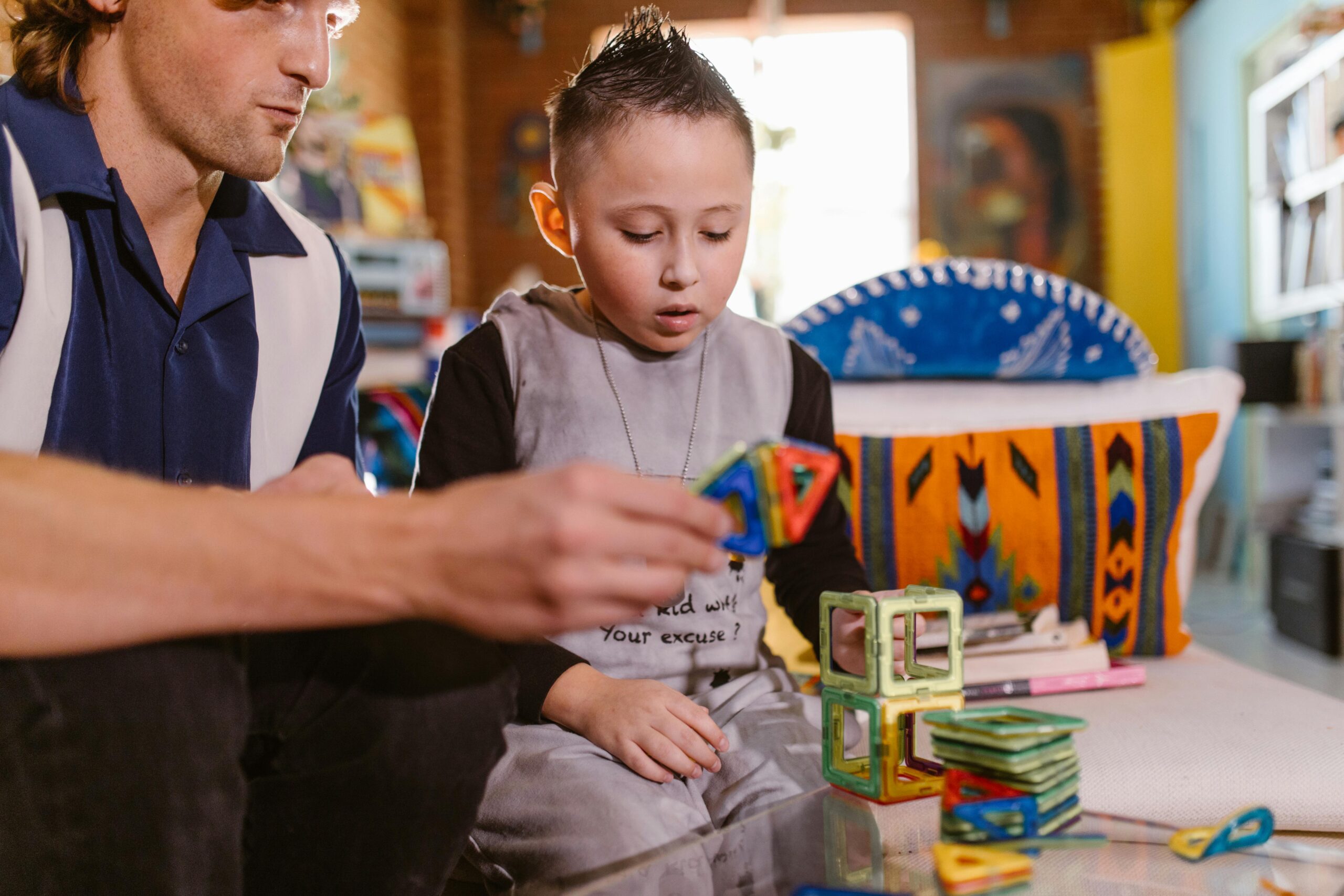
Let’s talk about navigating conversations about adoption with young children. I aim to provide you with practical, realistic strategies to weave adoption openness into your everyday parenting. This approach is through an adoptee-centered lens, acknowledging that loss is inherent in adoption.
Openness in adoption allows the adoptee to freely discuss their adoptedness with their parents, which can help strengthen their sense of identity.
Family Connections, Inc.
Oftentimes, children and youth perceive things that are not talked about as taboo, bad, ignored, and unsafe. As an adoptee, I wore my foster care and adoptee status internally like a very heavy bookbag chained and locked. Since the conversations and space to process my grief were not provided, I had deemed it as unsafe to initiate. This is often layered with loyalty conflicts and negative core beliefs.
Preschoolers have boundless curiosity and may ask many innocent questions. If you’ve adopted a young child, this is the perfect time to begin normalizing healthy conversations. Here are some tips to provide a clear and comforting dialogue about adoption with your little one:
Start Early, Start Often:
Don’t wait for the “big talk.” Integrate adoption into your daily conversations like any other aspect of your family. Mention it in bedtime stories, family photos, and casual chats. Normalizing adoption from the beginning demystifies it and makes those crucial conversations less daunting. Reading is a great way to offer acknowledgement and safety into conversations. There are many children’s books available to consider such as the Invisible String for grief processing and Marie Discovers her Superpowers for adoption exploration.
Photographs are another great tool to demonstrate respect and comfort in your child’s daily life. Consider a photo book of their first family or integrate a few photos into spaces that include both families. When you honor the first family, you are showing your child they are loved and valued. By removing shame and blame from the first family, you reinforce the goodness of your child nurturing their self-esteem. They will also receive the benefits of genetic mirroring.
It is common for families to incorporate remarks about mirroring into everyday conversations without even noticing. An adoptee is much more aware of this communication as it relates to belonging. You can utilize the knowledge of genetic differences to notice and point out how they look like their first family or how they are “artistic” like their birth mother. Similarly, if there are other children or members of the family, notice how you might be inclined to remark how they look like you. Consider sharing your nostalgic stories privately with that person or child. For example a simple remark like “you had blonde curly hair when you were two” to a biological child is a reminder to the adopted child that you do not have or share those stories to them. These are everyday subtle losses for adoptees. If it happens, that’s okay, but now you know to spend some time later with your adoptee processing their feelings.
Use Age-Appropriate Language:
Preschoolers are all about the concrete. Avoid abstract terms like “birth parents” or “adoption agency.” Stick to simple explanations like “You grew in your first mommy’s tummy” and utilize visual aids like family trees. It is absolutely appropriate and okay to use the birth parents first name.
Embrace the “Whys” (and the “Whys” after that): Preschoolers are natural question machines and will open up about adoption if you’ve provided the environment to do so. Be patient and answer honestly, at their level of understanding. Affirm their interest by responding with “I am so glad you came to me about this.” Don’t be afraid to say “I don’t know” when you don’t have an answer, and turn it into a learning opportunity. Ask them questions too – “What do you think?” or “Do you have any questions for me?” will spark their curiosity and engagement. Encourage your child to ask questions and express their feelings. Let them know that anything they feel or wonder is okay, and that you’re always there to listen. This open communication builds trust and creates a safe space for them to explore their identity and story.
Take a Breath:
Talking to your preschooler about adoption is an ongoing conversation, not a one-time event. Embrace the questions, celebrate the discoveries, and most importantly, shower your little one with the love and security that only a family can provide. Remember there is no perfect parenting and the value of making mistakes offers opportunity for repair which provides you with attachment and connection building opportunities. With each honest conversation, you strengthen your bond and share the joy of your unique journey together.
Important: The content on this blog is for educational purposes only. It is our goal to share adoptee centered thoughts and ideas. This post should not be taken as direct personal advice or used as a substitute. You should always speak to your own therapist or professional. This blog may contain links to external websites. We are not responsible for the content or accuracy on those sites.

